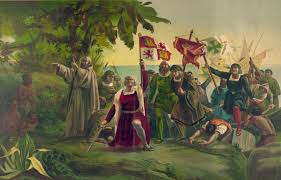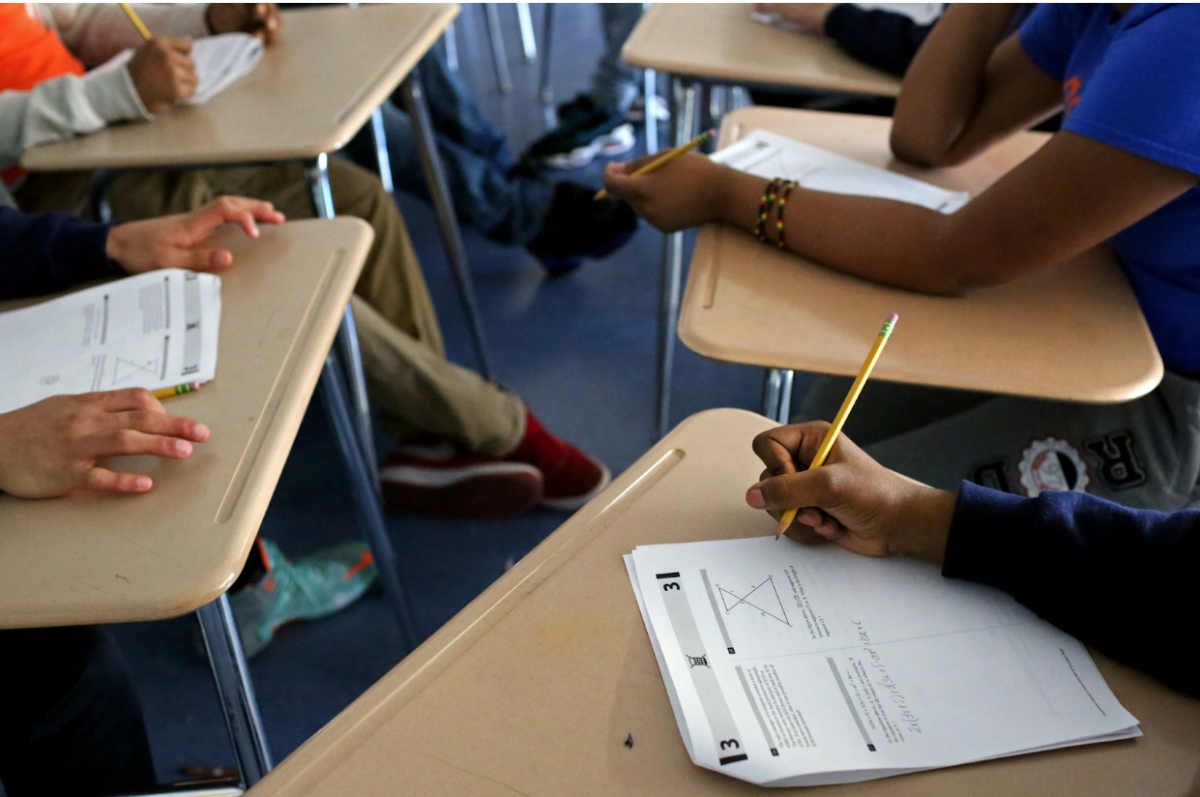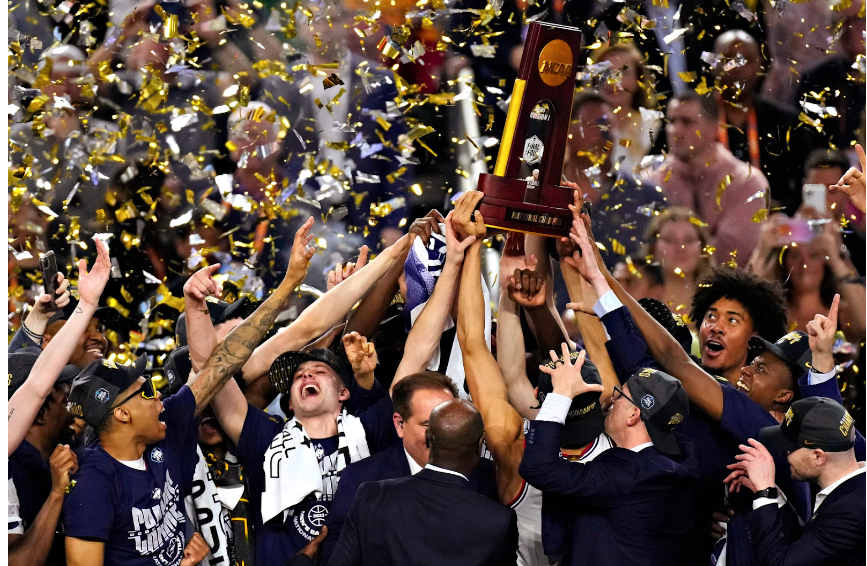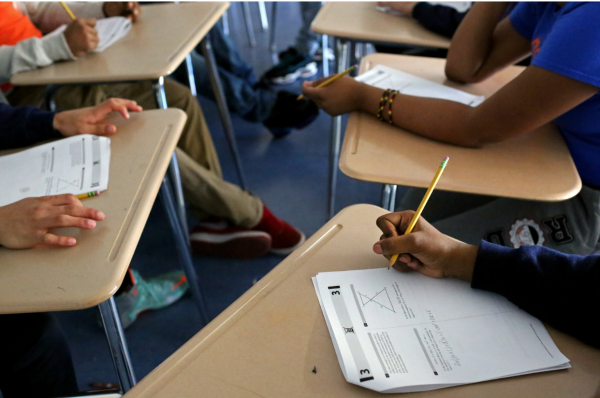Should Columbus Day be a Holiday?

October 18, 2014
This past Monday, October 14th, the state of Massachusetts observed Columbus Day. The holiday commemorates the discovery of the Americas by Italian explorer Christopher Columbus in 1492.
The United States government made Columbus Day a federal holiday in 1937, and it has been celebrated on the second Monday in October for years. However, as historians have uncovered new information, it appears that the holiday is actually commemorating a horrible man who committed crimes against humanity and did not even truthfully discover the Americas.
In fact, the Viking Leif Ericson reached Newfoundland, an island off the coast of North America, about 500 years before Columbus. Ericson founded a Norse settlement on the island. However, even the Vikings did not actually “discover” the Americas as Native Americans had been living there for thousands of years.
When Columbus finally reached America, he almost immediately enslaved the Natives to work for him under brutal conditions. As a result, on the island on which Columbus landed, nearly half the Native population died within just a few years. The explorer even went as far as selling young Native girls into sex slavery.
Many people have begun questioning the legitimacy of Columbus Day. How could anyone celebrate a day dedicated to such an awful and cruel fraud? In fact, only twenty-three states choose to recognize the holiday anymore.
Cities such as Seattle and Minneapolis have created a much better use of the holiday. In those cities, people refer to the day as “Indigenous People’s Day”. It rightly celebrates the Native Americans of the island instead of the horrible criminal who greatly mistreated them. The holiday offers a chance for modern Native American tribes and individuals of Native American descent to celebrate their heritage. Hopefully the shift to this new holiday will continue in the remaining twenty-three states.





























